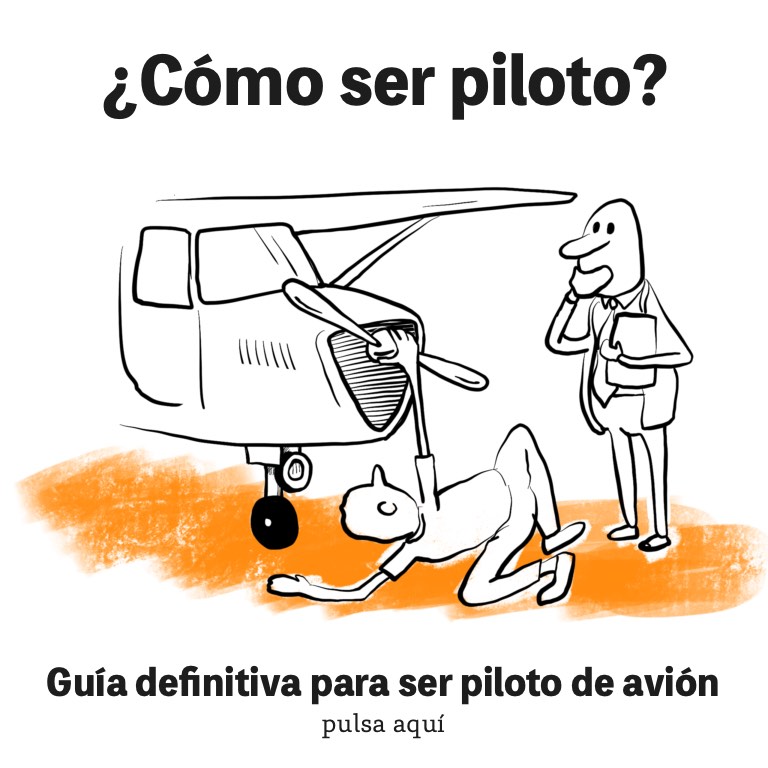Many member state countries have been applying this ruling for several years but in the case of spain, as usual, there has been the habitual resistance by both authorities and aeronautical workforce.
For some obscure reason, AESA/Ministerio de Fomento have been stubbornly hesitant to apply an official “flight-plan” towards the world-wide ruling and now soon the price will have to be paid. Hundreds, if not thousands, of aeronautical employees (pilots, air traffic controller and tma´s) are facing serious risk of losing their current jobs.
At the time of this writing there is an almost unsurmountable fear of the march examination deadline. I personally have dozens of pilot colleagues that are literally shaking at the prospect. They have had the opportunity, since the 2003 ruling, to prepare for this unavoidable series of events in the name of AVIATION SAFETY yet they have chosen to shrug it off until the last tense moment. It is too late for many.
Many, many pilots have recently failed the level 4 oral exam (forget higher levels such as 5 or 6) and so the few spanish airlines left are facing serious logistical rostering problems since personnell below level 4 will be basically forced into a type of aviation dry-dock.
Is this perhaps a false alarm? Do airline pilots that have flown globally for decades, with mediocre to poor communication s s, really need now to be pumped full of alarm at the prospect of not meeting the minimum safe level of spoken and understood english?
I often wonder, because these old bold pilots are seasoned and experienced but all of a sudden they do not qualify to share the skies without the OACI minimal level 4 endosement. Of course, this is going to be a permanent situation as re-examining will have to take place for all of those except the very very few expert level 6´s.
Obviously, it is the emerging economies that have fed this ruling. The chinese, asians and indians are explosively growing: china has ordered a series of new aircraft in an ever-growing explosion of orders. International routes are on the up-rise and expatriate pilots are being solicited to meet the airline needs.
I have seen advertisements where companies are only recruiting pilots with the level 6 ( expert ) endorsement. I can only hope that start-up airlines in this country appear soon soon because if not the majority of the below level 4 pilot workforce will be forced to flip hamburgers unless they really crack down and get their priorities right.They must accept that sub-standard english communication s s are part of the past.
There are many ways to prepare for the OACI exams and now is the time, but in order to achieve this, many traditionally spanish symptoms such as lack of confidence, “sentido del ridiculo ” etc. MUST BE ABOLISHED: this is a negative mental process that plays right along with the debilitating resistance that d the current fear of failure in the first place. This subsequently leads to failure and perhaps loss of employment. Definitely this is something to think about good and hard, no matter who you are in the world of professional aviation.
OACI language proficiency requirements, a false alarm?
I think not.
Paul Provo es Director de Aviation English Refresher Course, VOLS OACI-Barcelona








 webmaster
webmaster  18/01/2011
18/01/2011 

